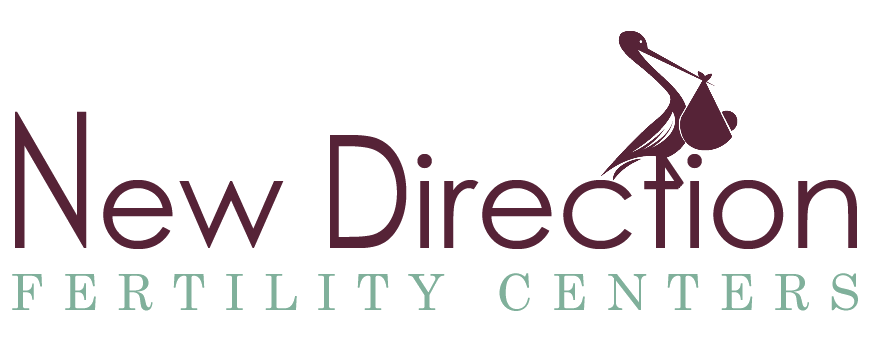Intravaginal Culture (IVC): A Gentle Approach to Assisted Reproduction
Introduction
At New Direction Fertility Centers, we embrace innovative approaches to fertility treatments, and Intravaginal Culture (IVC) stands out as a testament to this commitment. This article aims to elucidate IVC, breaking down its complexities into easily understandable concepts for teens while providing in-depth information suitable for adults.
The Essence of IVC
IVC is a relatively new assisted reproduction technology that offers a more natural approach to fertilization. The process involves placing the sperm and egg together inside a special device, which is then inserted into the vagina. This allows fertilization and early embryo development to occur within the natural environment of the woman’s body.
The IVC Process Explained
- Consultation and Assessment: The journey begins with a comprehensive evaluation of your fertility status and a discussion about the suitability of IVC for your specific needs.
- Ovarian Stimulation: Similar to IVF, medication may be used to stimulate the ovaries to produce multiple eggs, monitored via ultrasound.
- Egg Retrieval: Eggs are retrieved in a process similar to IVF, using a needle guided by ultrasound.
- Fertilization in a Capsule: The retrieved eggs and prepared sperm are placed together in a capsule. This capsule is then inserted into the vagina, allowing the natural environment of the body to facilitate fertilization.
- Monitoring the Process: The development of the embryo(s) within the capsule is monitored over a few days.
- Embryo Transfer: The most viable embryo(s) are selected and transferred to the uterus, similar to the IVF process.
Advantages of IVC
IVC is considered a more natural and less invasive alternative to conventional IVF. It’s particularly appealing to couples who prefer a process closer to natural conception. The benefits include:
- Reduced need for extensive laboratory handling of eggs and sperm.
- Potential for a more comfortable and less stressful experience.
Who Benefits from IVC?
IVC is ideal for:
- Couples with unexplained infertility.
- Mild male factor infertility.
- Those seeking a less invasive approach to assisted reproduction.
Success Rates and Expectations
While IVC is a newer technique, early results are promising, particularly for certain types of fertility issues. Success rates can vary depending on individual circumstances.
Preparing for IVC
Preparation for IVC includes maintaining a healthy lifestyle and emotional readiness for the treatment. Hormonal treatments, if required, are similar to those used in IVF.
Post-IVC Considerations
After the IVC procedure, the waiting period is crucial and filled with anticipation. Pregnancy tests are typically conducted two weeks after the embryo transfer.
Frequently Asked Questions
- How does IVC differ from traditional IVF? IVC allows fertilization to occur in the body, offering a more natural approach.
- What is the duration of the IVC process? The timeline for IVC, from egg retrieval to embryo transfer, spans several days.
- Is IVC a painful procedure? IVC is generally well-tolerated with minimal discomfort.
Conclusion
Intravaginal Culture at New Direction Fertility Centers is an embodiment of our commitment to innovative, patient-friendly fertility solutions. If you’re exploring options for assisted reproduction, IVC might offer the gentle approach you’re looking for.
